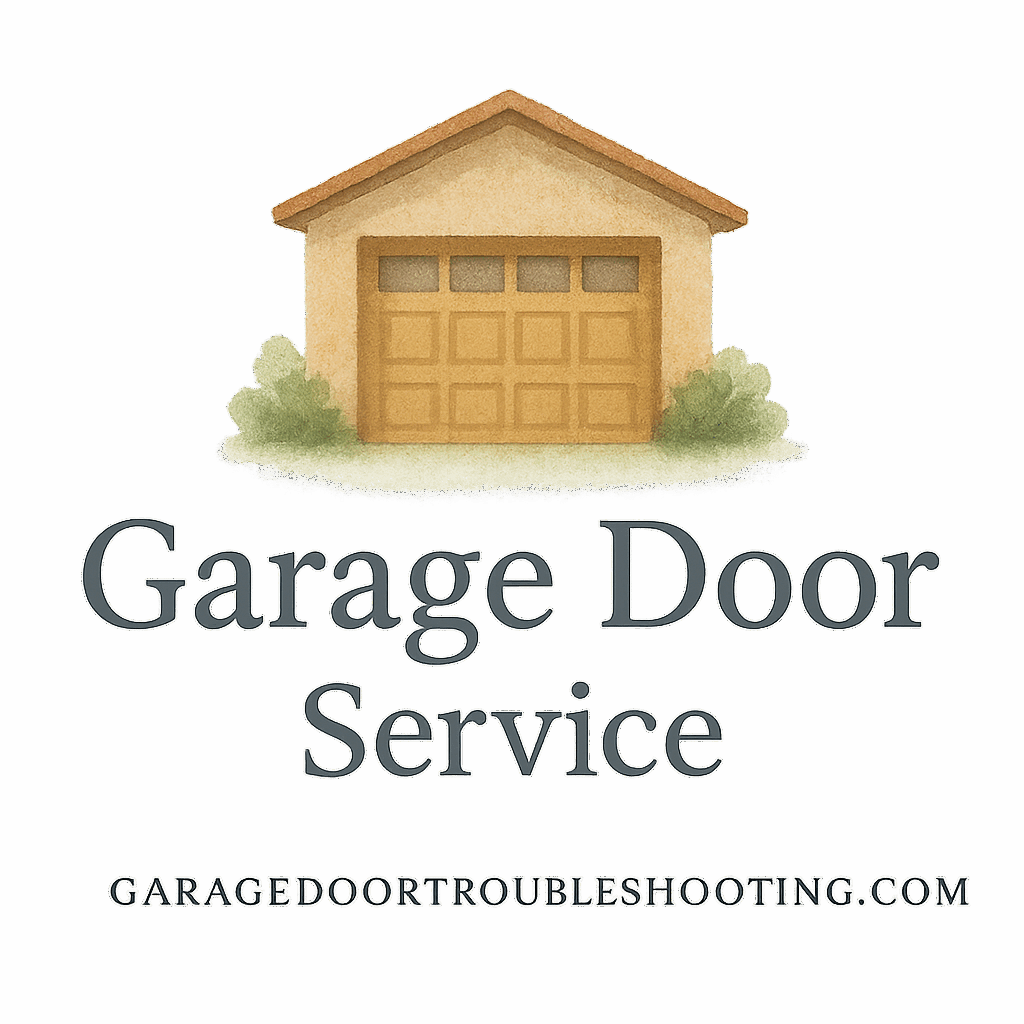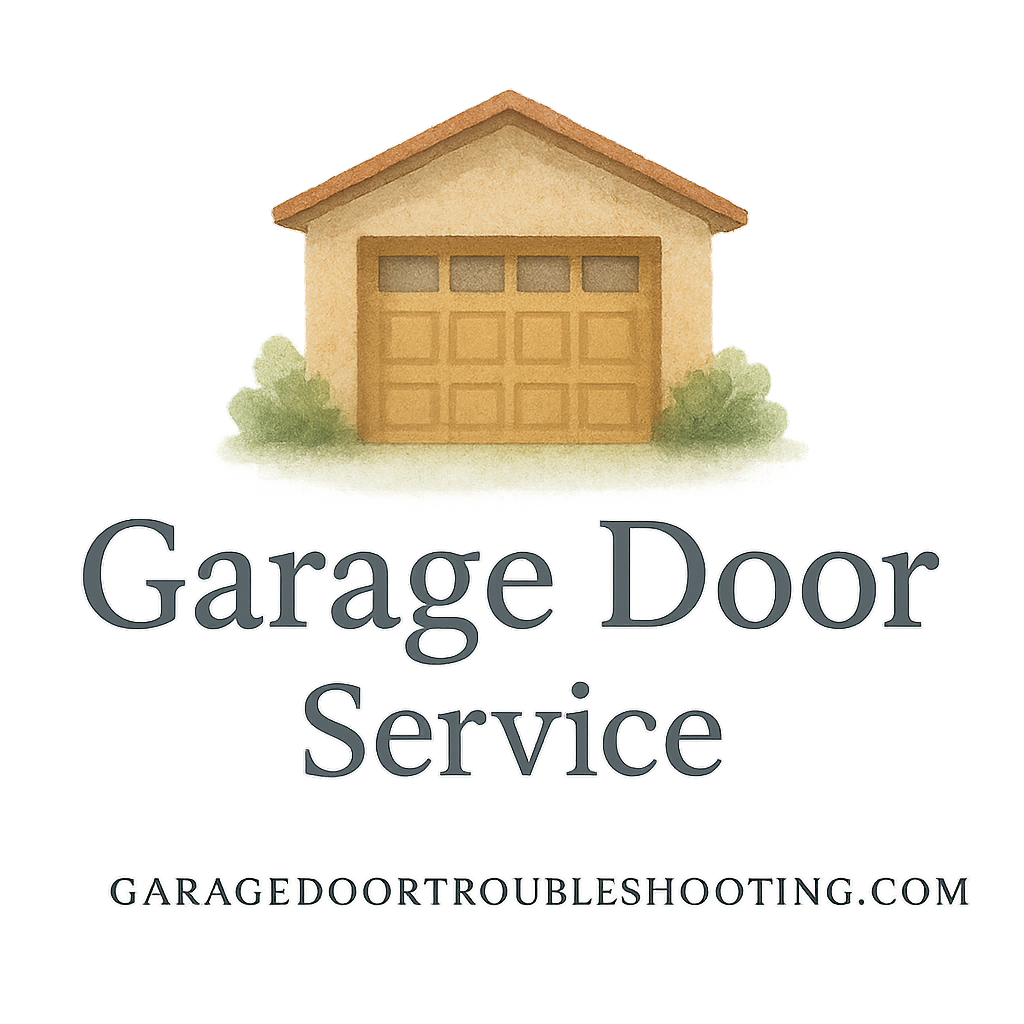Introduction: Why Garage Door Rollers Matter
Ever tried opening your garage door only to hear a loud screech or feel it getting stuck halfway? Chances are, your garage door rollers are begging for attention. Rollers may look like small parts, but they’re the unsung heroes that allow your heavy garage door to glide smoothly. Ignore them, and you could end up with costly repairs—or worse, a door that won’t open when you need it most.
In this article, we’ll walk through 10 signs your rollers need garage door repairs, why it’s dangerous to delay fixes, and how you can maintain them for long-lasting performance.
Understanding Garage Door Rollers
What Are Garage Door Rollers?
Garage door rollers are small wheels that run along the metal tracks, guiding your garage door as it opens and closes. Without them, your door would drag, scrape, or refuse to budge.
Types of Garage Door Rollers
Steel Rollers
These are durable and long-lasting but tend to be noisier, especially without proper lubrication.
Nylon Rollers
Nylon rollers are quieter and smoother than steel but typically wear out faster.
Plastic Rollers
These are the most affordable but least durable—often found on builder-grade garage doors.
The Importance of Garage Door Roller Maintenance
Think of rollers like the tires on your car. You wouldn’t drive thousands of miles without checking them, right? The same goes for garage doors. Regular roller care ensures smooth operation, prevents sudden breakdowns, and enhances safety.
Check out these expert garage door maintenance tips for keeping all components, including rollers, in top shape.
10 Signs Your Garage Door Rollers Need Repairs
1. Loud Grinding or Squeaking Noises
If your garage sounds like a haunted house every time it opens, that’s a clear red flag. Worn or dry rollers often produce grinding, squeaking, or screeching noises.
2. Garage Door Moves Unevenly
A healthy door glides evenly. If one side seems higher or lower, the rollers could be misaligned or damaged.
3. Door Gets Stuck or Jams Frequently
When rollers stop turning smoothly, the door may halt midway, making daily use frustrating and unsafe.
4. Visible Wear and Tear on Rollers
Take a peek—cracks, chips, or flat spots mean your rollers are wearing out. Don’t ignore these signs of damage.
5. Door Vibrates When Opening or Closing
Unusual shaking or rattling can signal rollers struggling to keep the door steady.

6. Misaligned Rollers on the Track
Rollers slipping out of line not only affect movement but also pose serious safety hazards. Learn about garage door safety and security before things get risky.
7. Garage Door Feels Heavier Than Usual
If lifting the door manually feels harder, the rollers may not be reducing friction like they should.
8. Slow or Jerky Door Movement
A smooth glide turning into sluggish or jerky movement? That’s often the rollers begging for repair.
9. Loose or Wobbly Rollers
If the rollers seem shaky when you inspect them, replacement is near.
10. Rollers Pop Out of the Track
This is a major warning sign. Not only can it damage your tracks, but it can also cause the entire door to collapse if ignored.
Dangers of Ignoring Garage Door Roller Problems
Putting off repairs might seem harmless, but damaged rollers can:
- Lead to bent tracks
- Cause snapped cables or springs
- Create safety risks for your family
- Increase repair costs down the line
Check out these dangerous repairs you should never ignore.
DIY vs Professional Garage Door Roller Repairs
When DIY Repairs Are Okay
Basic maintenance, like applying lubricant or tightening bolts, is fine for most homeowners. If you love DIY fixes, visit DIY garage door tips.
Why Hiring Professionals Is Safer
Rollers work alongside high-tension springs and heavy doors. One wrong move, and you could injure yourself. That’s why it’s smarter to rely on garage door services professionals.
How to Extend the Lifespan of Garage Door Rollers
Regular Lubrication
Lubricate rollers every 6 months with silicone spray or garage door oil.
Routine Maintenance Plans
Enrolling in a maintenance plan ensures small issues are caught before they become major headaches.
Timely Replacements
Don’t wait for complete failure. Replace rollers at the first signs of wear to protect your entire garage door system.
Cost of Garage Door Roller Repairs
Roller replacement costs vary depending on the type of roller and labor. On average:
- Plastic: $80–$120 per set installed
- Nylon: $100–$160
- Steel: $120–$200
Investing in better-quality rollers now saves you from frequent repairs later.
Choosing the Right Garage Door Repair Provider
When picking a garage door repair provider, look for:
- Experience and certifications
- Positive reviews
- Transparent pricing
- Warranty on parts and service
Need help choosing? Visit this garage door installation advice guide before deciding.
Conclusion
Garage door rollers may seem small, but they carry a huge responsibility in keeping your door safe and functional. Ignoring the warning signs can lead to bigger, more dangerous problems. From loud noises to jerky movement, the 10 signs your rollers need garage door repairs are your cue to act fast. Whether you go the DIY route for minor fixes or call in professionals for major repairs, the key is timely action.
Keep your rollers lubricated, replace them when needed, and rely on trusted garage door troubleshooting services to keep everything running smoothly.
FAQs
1. How often should I replace garage door rollers?
Every 5–7 years for nylon or steel, but check annually for wear.
2. Can I lubricate garage door rollers myself?
Yes! Use silicone spray or garage door lubricant, not WD-40.
3. What happens if I ignore damaged rollers?
You risk track damage, safety hazards, and expensive repairs.
4. Are nylon rollers better than steel rollers?
Nylon rollers are quieter, but steel rollers last longer with proper care.
5. Can rollers cause my garage door opener to fail?
Absolutely. Strained rollers force the opener to work harder, shortening its lifespan.
6. How do I know if my rollers are misaligned?
If your door looks crooked, jerks, or comes off-track, misaligned rollers are likely the cause.
7. Should I hire a professional for roller replacement?
Yes, especially if you’re not comfortable handling heavy doors or high-tension components. A professional service ensures safety and quality.


